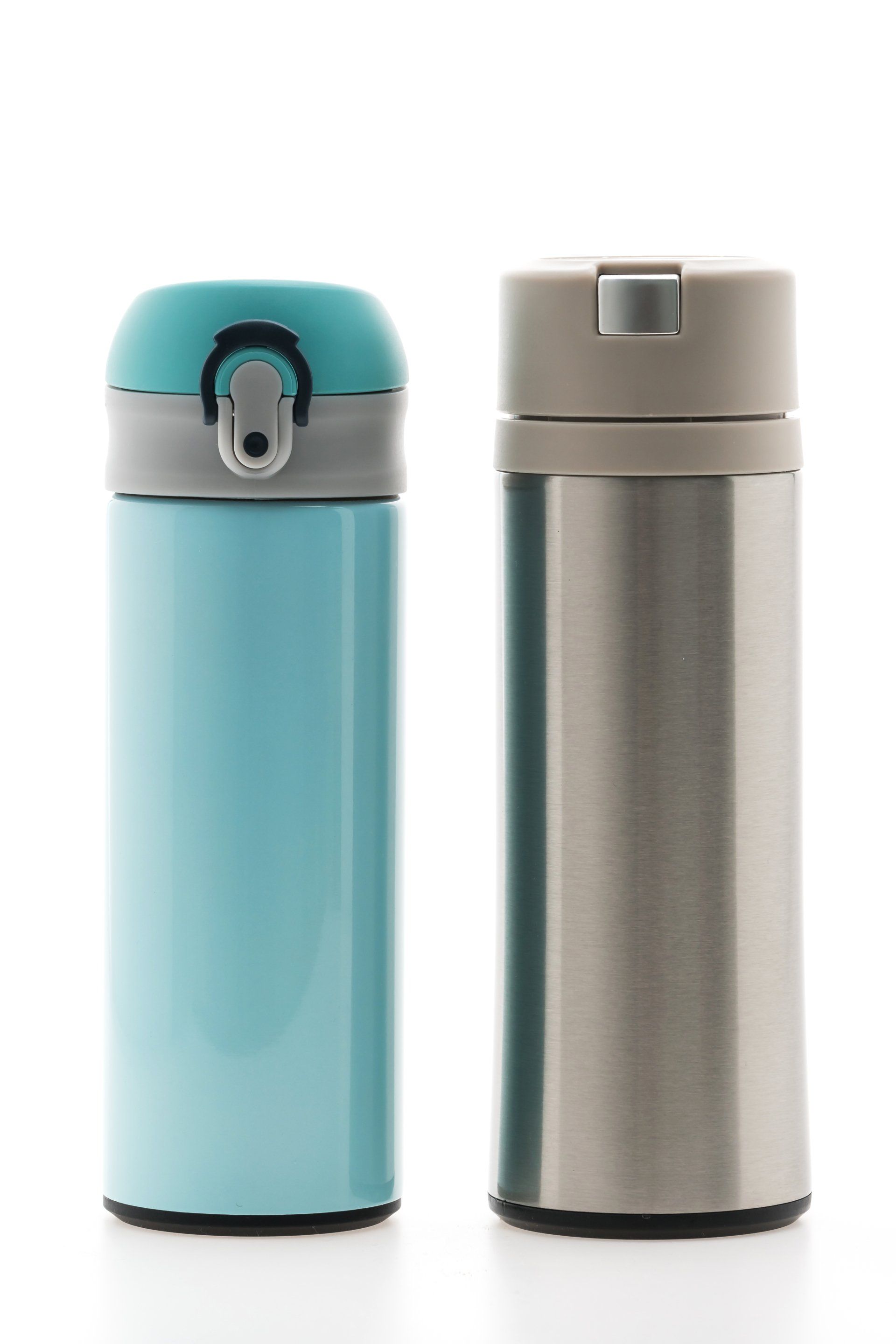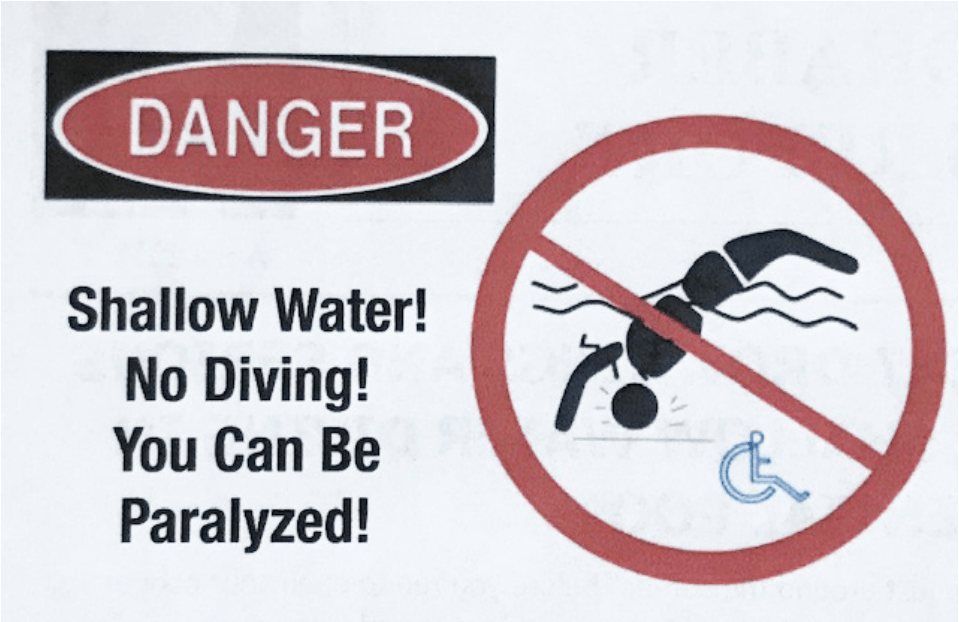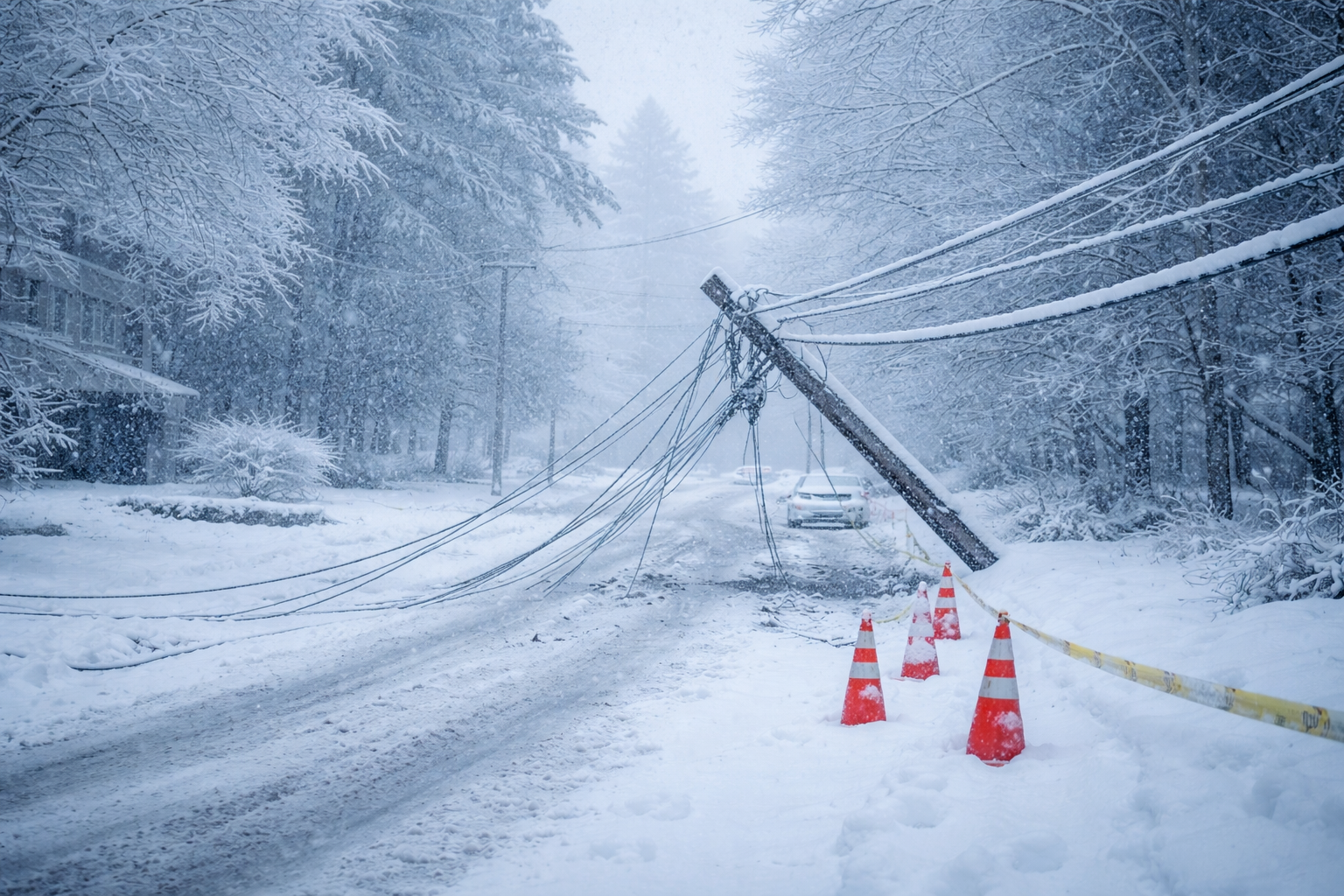5. Swimming Accidents can ruin an otherwise joyful summer experience, especially among children and young adults. According to the Consumer Product Safety Commission (CPSC), approximately 300 children age 1-4 years old, drown every summer in a private swimming pool. Drowning is the leading cause of death for young children, according to the National Safety Council, and the real tragedy is that most of these deaths are very preventable. In the ocean, rip currents and rough waves can catch swimmers off guard and also lead to drowning. Stay safe on the beach by sticking to areas where lifeguards are present. Heed any warnings about the weather or the water conditions. When using a swimming pool, avoid running near the edge of the pool, where you could potentially slip. Ensure that kids are playing safe and always have adult supervision. Lifeguards may be present, but they are not your babysitters; it is your responsibility to keep your eyes on your child. Never consume alcohol or other substances when watching your child. Always have a first aid kit handy; training in CPR is also advisable. Drownings in pools and at beaches aren't the only hazard you may face. Diving into shallow water, especially in residential pools, unfortunately results in too many tragic outcomes. Again, according to the CPSC, there are approximately 1000 spinal cord injuries each year in the U.S. due to shallow water diving, mostly resulting in paralysis and mostly among males aged 15-25, 1/2 of whom have been drinking or consuming drugs at a pool party where there were NO WARNING SIGNS POSTED AT THE POOL. I designed the following No Diving sign now recommended by the National Spa and Pool Institute and other organizations.
Given the age of most of those receiving diving injuries, a sign should be supplemented with repeated no diving oral warnings from the pool owners and other pool supervisors. A safe rule to follow is to never dive into any body of water that is less than 9' deep.
These are not the only hazards you may confront this summer; amusement parks, for example, are the home of over 30,000 injuries/year that require a visit to an ER, but that is a story for another newsletter. If you follow the above safety tips I provided for some very common summer hazards you may confront, I promise you will more likely than not have a joyful, injury-free summer of fun.

















